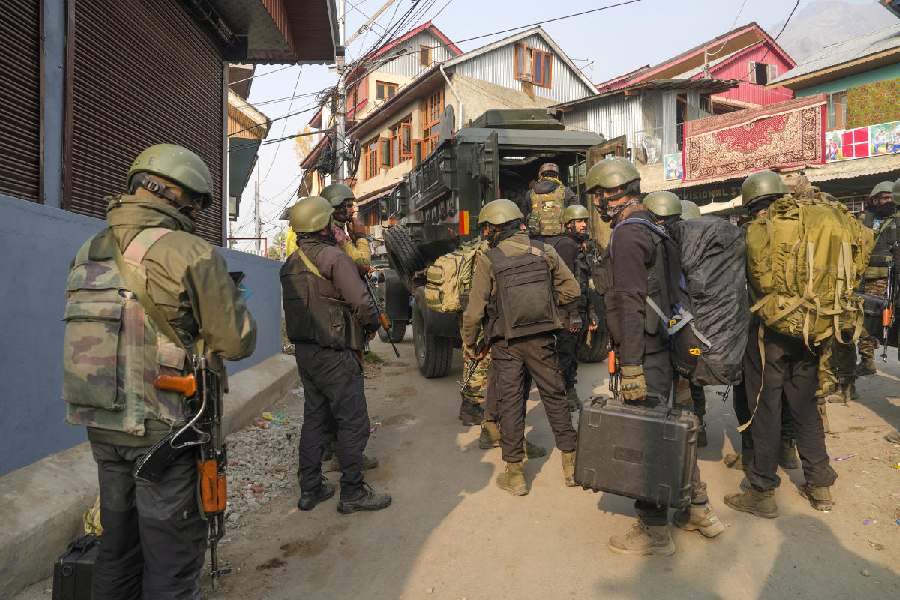The Jammu and Kashmir and Ladakh High Court has ruled that displaced Kashmiri Pandit women retain their migrant status even after marrying non-migrants and are entitled to the jobs reserved for them in Kashmir.
Non-migrants can include locals who did not migrateor outsiders.
Many believe the court directive highlights the government’s failure to ensure gender equality in Jammu and Kashmir as this issue should have been addressed long ago without the need for court intervention. Instead, it was the Union Territory’s administration that challenged the right of women to secure jobs in the Valley if they married non-migrants.
Thousands of government jobs have been allocated to displaced Kashmiris, almost all of them Pandits, since 2009 to facilitate their return to Kashmir. Married Pandit women are eligible for these jobs only if they are married to migrants, which means that those who marry non-migrants do not qualify.
A bench of Justices Atul Sreedharan and Mohammad Yousuf Wani said the contention that a woman would lose her status as a migrant “only because she, out of the natural urge of forming a family, had to marry a non-migrant on account of existing circumstances, would be grossly discriminatory and militates against the very concept of justice”.
“This discrimination becomes even more brazen when a male migrant continues to remain a migrant notwithstanding the fact that he has married a non-migrant. Such a situation has arisen only on account of the patriarchy.... In matters relating to employment under the state/UT, such discrimination cannot be countenanced,”the bench added.











